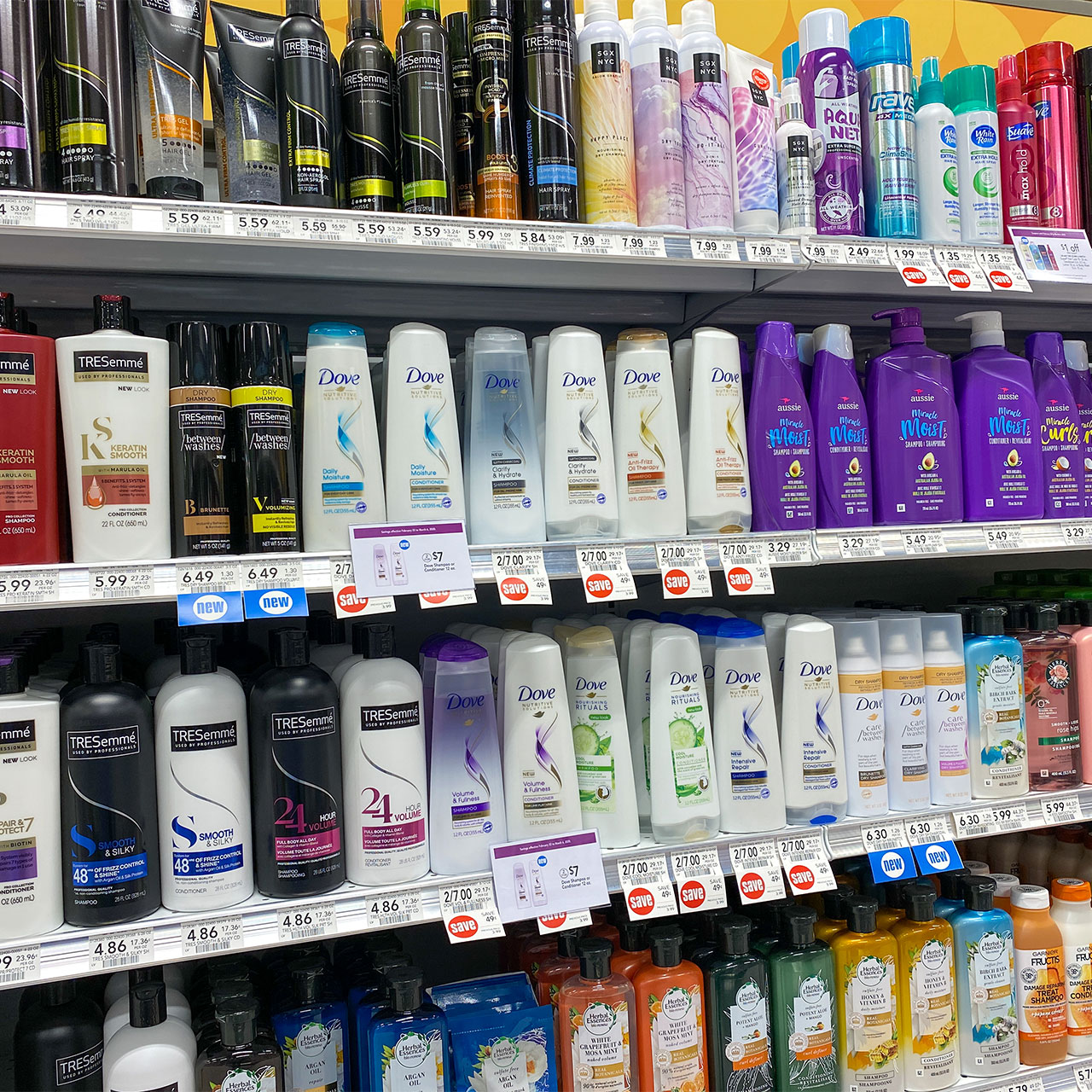It seems like every other day there’s an announcement about a major data breach, and just like that, someone can go from having their data protected to having their most personal data leaked all over the dark web. The idea of your credit card info, banking info, passport number, and so much more out there in the wilderness is terrifying. Sometimes these things happen and your best efforts to protect yourself just aren’t enough.
But, more often than not, there aren’t enough protections in place to keep your data safe. Protecting your data starts with taking a few easy steps to beef up your personal security on your phone or computer. Start with these four ways to protect yourself from major data breaches and help prevent identity theft.


1. Enable Two-Factor Authentication (2FA)
As long as anyone can access your websites and apps that contain your personal information with just one password, cracking that password is relatively easy for an experienced hacker. Enabling two-factor authentication makes this more difficult to do because it requires the person trying to enter an app or site with your login information to also provide an access code that is sent to your phone or email. Anytime a site allows you to use two-factor authentication, make sure you are taking advantage of this setting.

2. Create Strong, Complex Passwords
Good security starts with passwords that are complex and very difficult to crack. Create passwords that are at least 12 characters long and use a combination of letters, numbers, and characters. Don’t re-use passwords or use words that can be associated with you, like the name of your pet. If you are having trouble coming up with strong passwords, use a password manager to help.

3. Monitor Accounts
Make sure that you are monitoring your banking accounts and credit card statements so that you can identify any suspicious activity and take action ASAP. The longer you wait, the more time hackers have had to wreak havoc on your life.

4. Limit What You Share
Even if you have your sites on lockdown, with super-secure passwords, you should limit the amount of personal information that you provide whenever possible. Some sites and companies simply don’t need your most personal info, like social security numbers. Also, never click on links in emails from senders you don’t know, as these could be phishing attempts to gain access to more of your personal information.


























